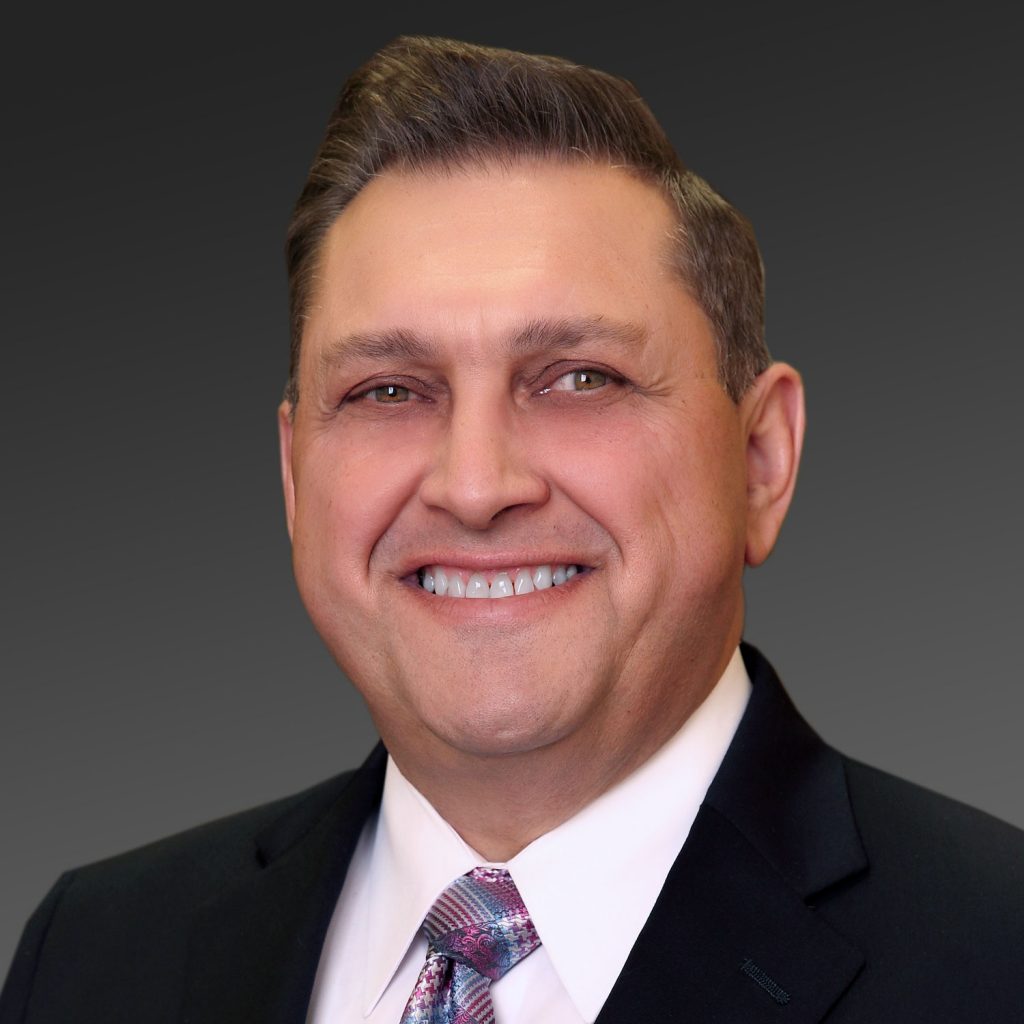
Mario Fucinari DC, CCSP, APMP, CPCO
As a consultant, teacher and Medicare Carrier Advisory Member, I am often asked if a chiropractor can refuse to treat a Medicare patient. This poses not only a legal question but an ethical question as well. The law is not always specific, but many other factors must also be considered.
Since Medicare was first established in 1966, the program has gradually grown. In August 2018, there were a total of 59,722,616 million people receiving Medicare benefits. Approximately 64% of those beneficiaries are enrolled in part B Medicare and 36% are enrolled in the Medicare Advantage (part C) program.1
To be eligible for Medicare benefits, individuals must be age 65 and over, who are eligible for Social Security payments, individuals under 65 with a disability, who receive Social Security cash payments and people of all ages with end-stage renal disease.
Low back pain caused by degenerative disc disease is the most prevalent cause of back pain in people under the age of 45. Worldwide, back pain is the single leading cause of disability, preventing many people from engaging in work as well as other everyday activities.2
In my experience, chiropractors who indicate that they don’t take Medicare, in actuality, see Medicare-eligible patients but do not file claims with Medicare. Although a medical doctor or doctor of osteopathy may opt out of Medicare, a chiropractor, physical therapist in private practice or occupational therapist in private practice may not. In MedLearn Matters (SE0479), it states, “Opting out of Medicare is not an option for Doctors of Chiropractic. Note that opting out and being non-participating are not the same things. Chiropractors may decide to be participating or non-participating with regard to Medicare, but they may not opt out.”
A non-participating physician is an out-of-network provider. A participating physician in Medicare is a physician in-network, who accepts assignment for Medicare. Spinal manipulation is the only service where the price is regulated by Medicare.
If you see a Medicare patient for covered services, whether you are a participating physician or a non-participating physician, you must file a claim for active care or if requested by the patient. Even for non-covered services, the provider must have the capability and credentialing to file a claim for services rendered, if the patient requests it.
In addition, any provider treating a Medicare beneficiary and their corporation or other legal form of organization must be approved by Medicare. Medicare will validate the credentials of the provider and corporation every five years.
According to the American Chiropractic Association (ACA), a doctor of chiropractic may choose not to accept Medicare patients. They may also choose to limit the number of Medicare patients they accept into their practice. If a doctor of chiropractic treats a Medicare beneficiary, the “Mandatory Claims Submission” rule mandates that they must be enrolled and credentialed as a provider and must submit claims to Medicare on behalf of the patient. This applies to participating and non-participating providers. Violations of this requirement can bring about civil money penalties and may expose the physician to allegations of fraud.
CMS is well aware of schemes that physicians may partake of in a cash practice. Recently, CMS released the following statement, “One of the key legal issues is the extent to which the cash-only practice handles services that are routinely or statutorily covered by insurance — such as manipulation in Medicare.”
The HITECH Act of HIPAA gives the patient the right to limit disclosure of their protected health information (PHI). This may only be accomplished if the patient voluntarily restricts their PHI. This is accomplished through the Advanced Beneficiary Notice (ABN). The physician cannot coerce the patient into choosing a certain option, nor have an ABN form with the option already chosen for the patient. Even in the case of non-covered services, the doctor must have the ability to file a claim for non-covered services if the patient needs the denial for another carrier to reimburse for the service.
One little explored caveat in the law is pertaining to the Age Discrimination Act (ADA) of 1975, in which the federal government prohibited age-related discrimination by health care providers receiving funds from the DHHS.
So that brings us to the ethical dilemma of treating Medicare patients. In ethical issues, a provider must turn to their inner soul and roots of their chiropractic philosophy. If you choose not to see any Medicare patients, are you disenfranchising a large segment of the population from receiving the benefit of chiropractic care in your office? What about patients who are currently under your care? Once they become a Medicare beneficiary, will you turn them away because of their insurance coverage? Does this constitute discrimination or patient abandonment? These are all issues we are faced with in practice.
As an answer to the initial question posed in this article, can a doctor of chiropractic refuse to see a Medicare patient? Yes. Can a doctor of chiropractic limit their practice in the number of Medicare patient they treat? Yes. Must a doctor of chiropractic file a claim with Medicare for covered services or when requested by the patient? Yes. Does the refusal to treat a patient who needs your care, or the refusal to treat a current patient, merely because they have changed their insurance to Medicare, constitute discrimination or a violation of your ethics? You decide. That is why the government calls it “Ethics and Compliance.”
- CMS Statistics Reference Booklet, Centers for Medicare and Medicaid Services
- Hoy, D. et al, The Global Burden of Low Back Pain: Estimates from the Global Burden of Disease 2010 study. https://www.ncbi.nlm.nih.gov/pubmed/24665116#.
Mario Fucinari DC, CCSP, MCS-P, CPCO is a Certified Professional Compliance Officer, Certified Medical Compliance Specialist and a member of the Medicare Carrier Advisory Committee. He is a frequent national speaker for ChiroHealthUSA, NCMIC and Foot Levelers. Dr. Mario has been in full-time practice in Decatur, IL since 1987. To request Dr. Fucinari to speak for your organization, utilize Dr, Fucinari and his team of certified compliance and coding specialists or for further questions, please contact him at doc@askmario.com or visit his website at www.Askmario.com for products and services.











 Why is the Discount Challenge prize amount $11,181? Because that is the average “per-occurrence” fine for Medicare inducements. That’s not $11,181 per patient, that’s not per provider, that’s PER VISIT. Stinks, doesn’t it? To us, the prize amount is worth the investment if we can help our profession better understand proper discounting.
Why is the Discount Challenge prize amount $11,181? Because that is the average “per-occurrence” fine for Medicare inducements. That’s not $11,181 per patient, that’s not per provider, that’s PER VISIT. Stinks, doesn’t it? To us, the prize amount is worth the investment if we can help our profession better understand proper discounting.